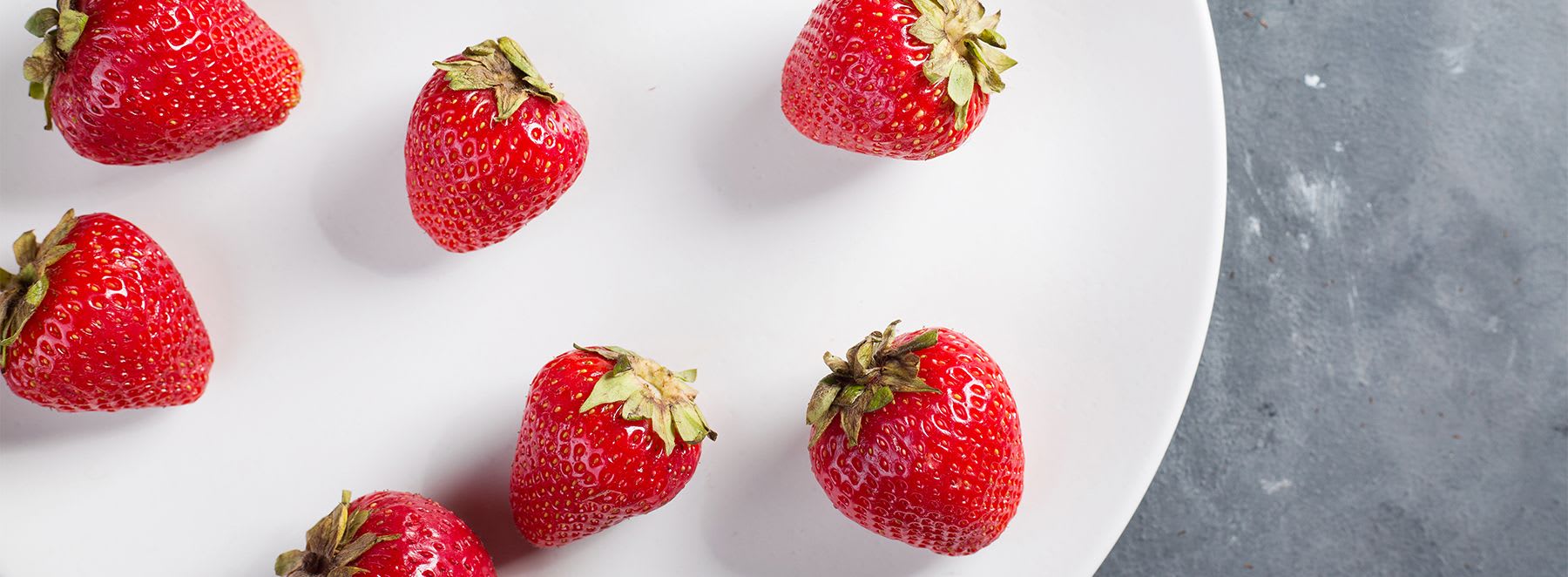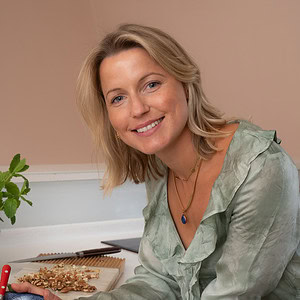Published on 1st April 2017
A polyphenol-rich extract from strawberries has been found to prevent the spread of laboratory-grown breast cancer cells.
Polyphenols are plant chemicals that have been associated with a number of health benefits, owing to their antioxidative capacity. In the study, which was published in Scientific Reports, the extract was fed to mice that were later injected with A17 breast cancer cells. It was found that the extract reduced the survival of the cancer cells in a time- and dose-dependent manner, and also reduced the expression of several genes involved in the processes of invasion and metastasis (the spread of cancer cells to other parts of the body). Examining the biological activity of the strawberry extract, which came from the Alba variety, the researchers particularly focused on the highly aggressive and invasive A17 tumour cell line. Cells were treated for time periods of 24, 48 or 72 hours with concentrations of extract ranging from 0.5 to 5 mg/ml.
In the second part of the study, four-week-old female laboratory mice were divided into two groups (10 mice per group): one group was fed with 15 per cent strawberry extract-enriched food and the other was fed with regular food. Four weeks later all the mice were injected with A17 breast cancer cells. The tumours were monitored twice a week and were extracted and analysed after five weeks to evaluate their weight and volume. In this case, the researchers found a significant reduction in both tumour weight and volume in mice fed with the strawberry extract.
However, Maurizio Battino, co-author of the paper, pointed out that these results did not necessarily translate to humans. He said: “These results are without a doubt valid for understanding potential effects of strawberries on breast cancer and the molecular mechanisms involved, but they must be complemented with clinical and epidemiological studies to verify whether humans experience the same positive effects as we have observed in mice.”2
Read more articles and recipes
Reference:
- Stefano Amatori, Luca Mazzoni, Josè Miguel Alvarez-Suarez, Francesca Giampieri, Massimiliano Gasparrini, Tamara Yuliett Forbes-Hernandez, Sadia Afrin, Alfredo Errico Provenzano, Giuseppe Persico, Bruno Mezzetti, Augusto Amici, Mirco Fanelli, Maurizio Battino.Polyphenol-rich strawberry extract (PRSE) shows in vitro and in vivo biological activity against invasive breast cancer cells. Scientific Reports, 2016; 6
- https://www.sciencedaily.com/releases/2017/04/170419093246.html






